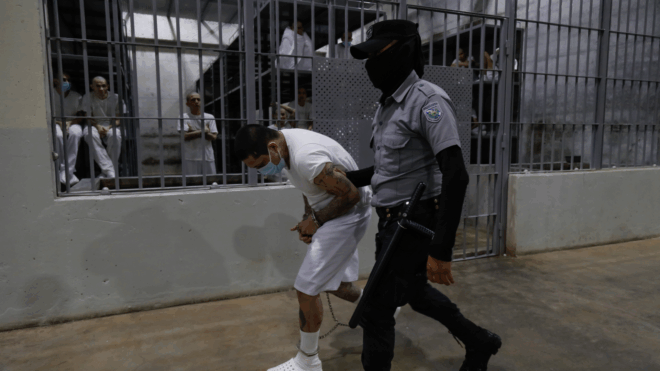
Oftentimes, I mentally go back to New Year's Eve in 2019. My husband and I had two of our closest friends over, and we were all excited about the year ahead. Back when we were kids, 2020 seemed like such a futuristic time. We envisioned robot maids, like in The Jetsons, and flying cars. While the robo vacuum comes close to achieving the vision of a "robot maid," none of our predictions even came close.
The year started out just fine. But then things came crashing down. Our world changed, and things were — and still continue to be — a little confusing. Personally, I felt like a train that had its tracks removed from out in front of it.
I wasn't alone. The pandemic revealed a lot about us as people. Social media feeds became much less cheerful. Everyone was changing in some way — whether they became hardened due to political arguments with their family or they realized that their jobs asked far more from them than they were willing to give. As we all rang in 2020 together, we had no idea it'd be one of the last normal hangouts we'd have.
Friendships looked a lot different in 2020.
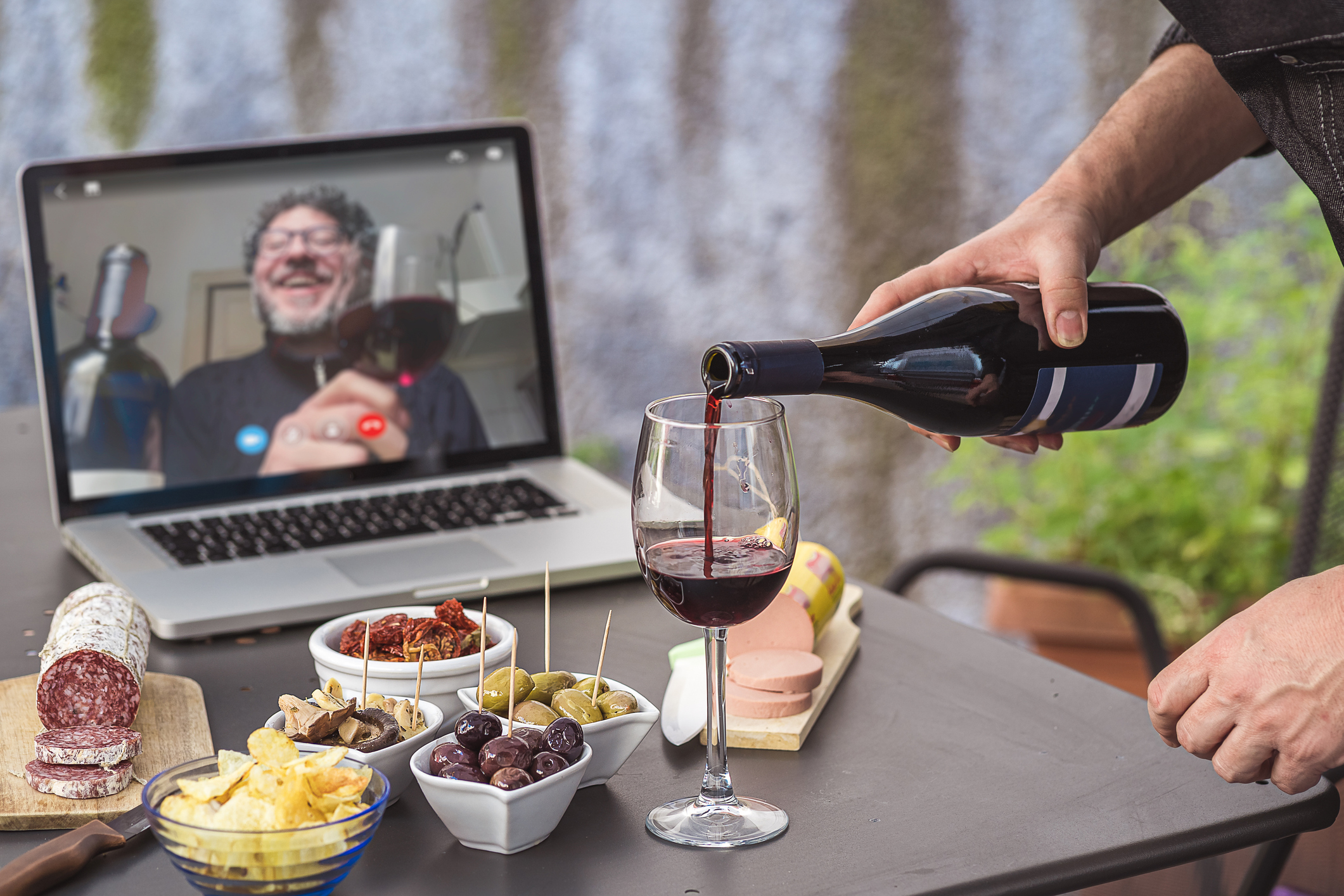
For one, we couldn't see each other as much, if at all. Those friends I celebrated with in 2019 weren't able to celebrate 2021's New Year's Eve based on health restrictions. Instead, desperate to keep the honored tradition alive, we celebrated together through Zoom. It worked in the fact that we were all together, but it was a big reminder of how much their presence meant to me. Having them in person was what helped make the celebration worthwhile. Otherwise, New Years' Eve was just another day.
But not all friendships proved to be quite as strong. Some people ended up using the pandemic as an excuse to disappear completely.
Like many people, I suffered from a loss early on.
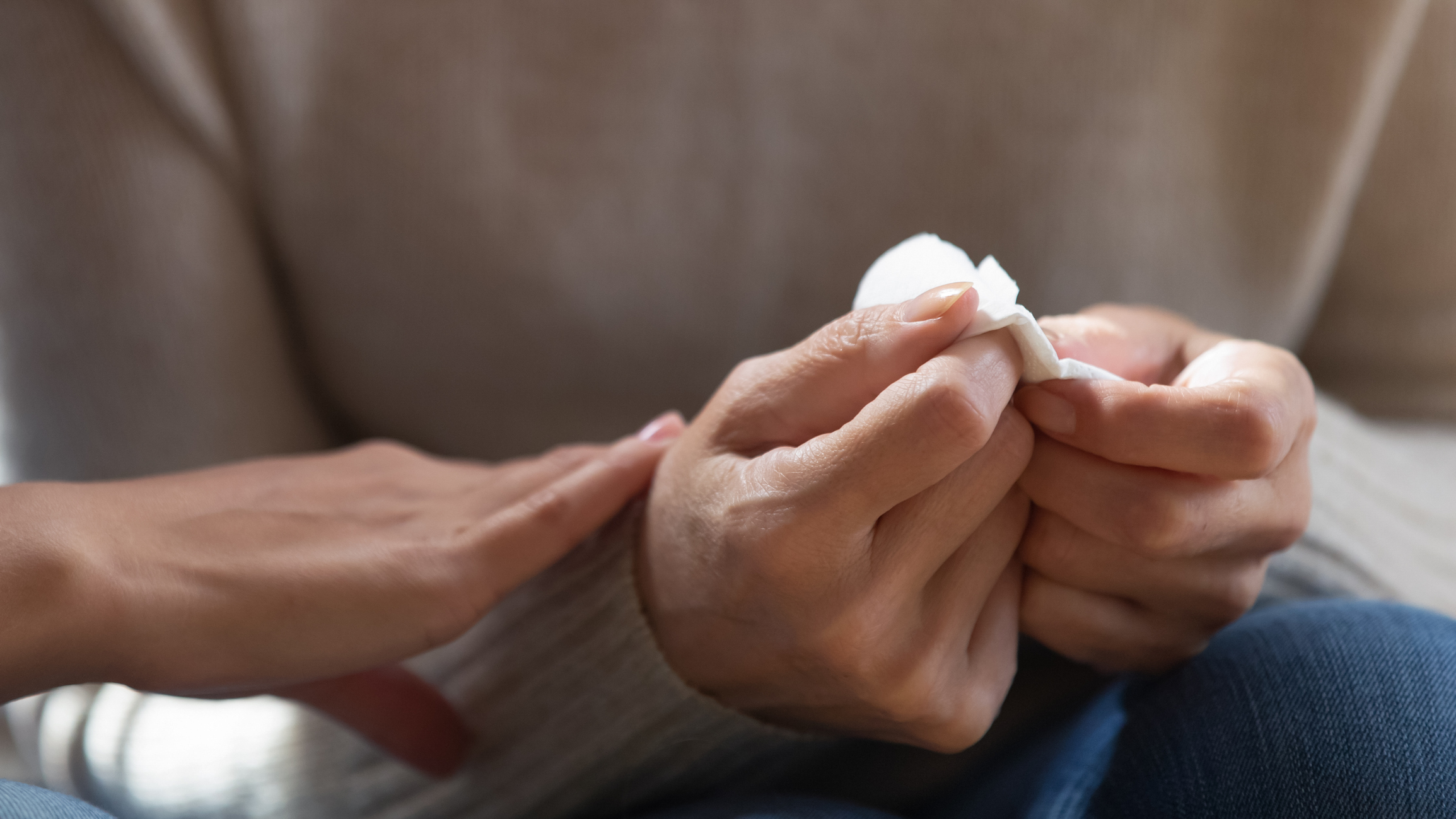
When we first locked down in March of 2020, I really missed my dad. The last time I saw him was at Christmas in 2019 — and had I known things would be the way they were, I would have made a point to visit again in January or February. I knew the pandemic would stall a visit, but I didn't know for how long.
That visit eventually happened in July, at my dad's funeral. My dad, who was a popular guy in his neighborhood, had a small service that was made private only due to pandemic restrictions. If the pandemic had never happened, it would have been packed — without a doubt. My dad didn't pass away from COVID-19, but the virus did bring complications to the entire situation. The service itself was something nobody could have envisioned. Beautiful in its own way, but bleak.
I already knew things would take a toll on relationships, as it's happened before.
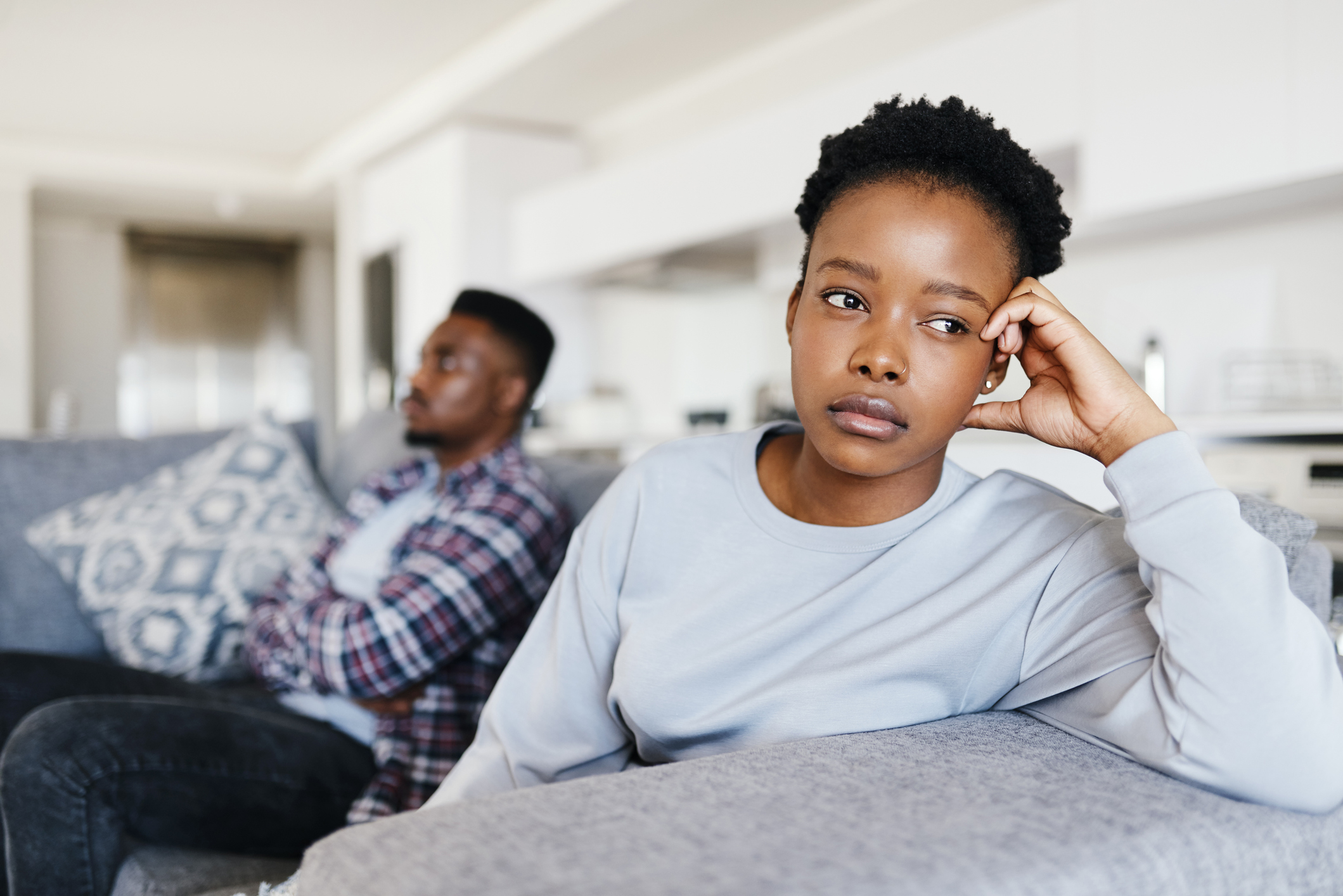
Unfortunately, this isn't the first parental loss I've had. Back in late 2003, I lost my mom. I was in college a state away at the time, and I realized that a lot of friends would rather ignore me than openly tell me they were sorry for such a devastating loss.
To this day, 18 years later, I'll never forget how alone it made me feel. There were people who were by my side, but several friendships never fully repaired. People ignored me in the hall, or looked at me worried. It was almost like I had done something embarrassing that people didn't know how to address — but I didn't. I just dealt with an untimely, life-changing loss.
I've talked to other people who've dealt with a loss, and the same thing happened to them. People don't know what to say, so they say nothing — and they don't realize how hurtful that can be.
This time, I think some people assumed I knew how to handle it.
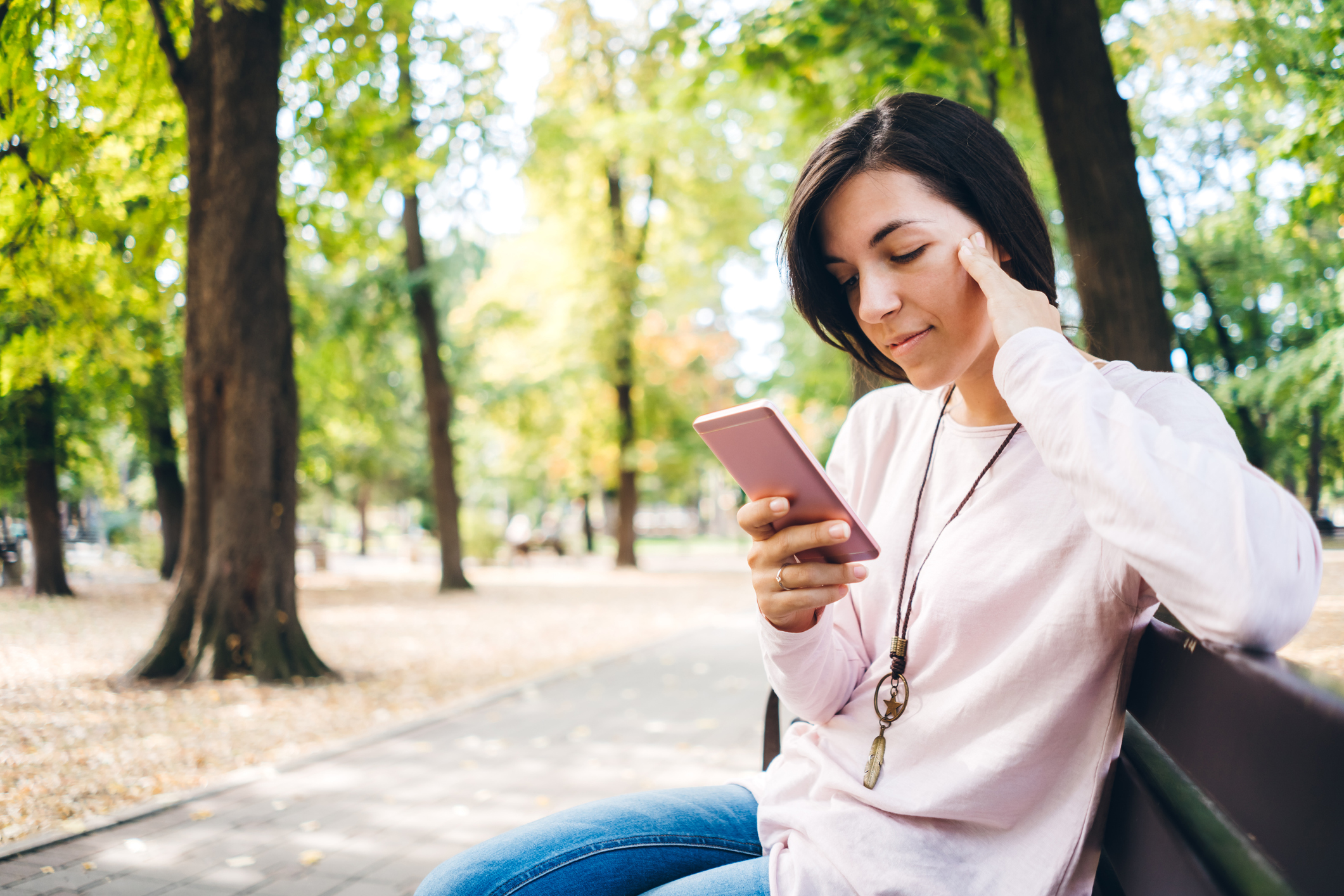
I didn't expect people to bend over backwards, especially in the midst of a pandemic. I knew everyone was going through their own crises as well. But I realized that there were a lot of people who never checked up on me. Even if they knew my dad well, they gave a blanket "I'm sorry" and stopped texting for weeks.
It's hard not to take that to heart. I didn't expect care packages or visits, especially when things were so uncertain — but a one-on-one "how has everything been?" text would have been nice. Or a good memory shared about my dad.
For those of you who don't know how to handle a friend who's been through a loss, you shouldn't shy away from memories. Stories are an excellent way to keep someone's memory alive, and it's always important to know how someone made an impact on others. It's a reminder that the person you lost wasn't just your father but a full human who had a rich life well before you were born.
But that moment itself wasn't the reason that made me rethink my relationships.
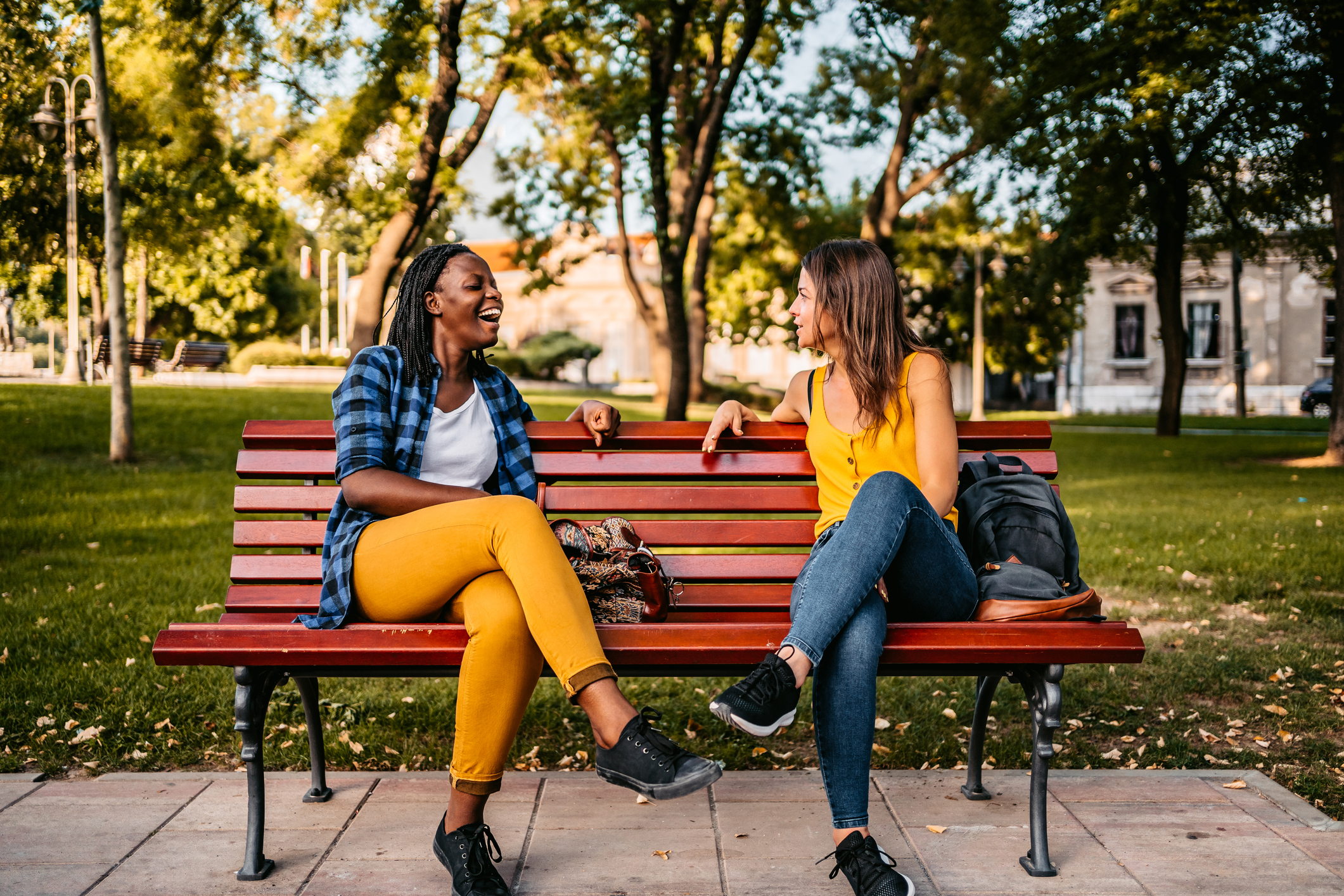
Again, I'm fully aware that people don't know how to talk about loss. Nor do they know how to casually bring up the possible pain of reliving both deaths while packing up your childhood home. As grim as it was, I was never fully alone. People do step up, even if it's the people you don't really expect — I learned this the first time around as well. It's hurtful, but it's life.
Instead, I thought hard about my dad's death and realized, once again, that life was short. And it didn't make sense to keep clinging to people who didn't really prioritize me the same way that I did them. We're at a stage where we're adults, and it's OK to decide you've had enough of one-way friendships — especially when they stop adding value to your life.
This was a concept that was hard for me to grasp. Friendships, to me, are incredibly important. When someone's in my life, it's really hard for me to lose track of them — even if it's an ex. As I mentioned to my therapist, I feel like everyone entered my life for a reason, and I'm still invested in who they've grown to be. I'm not afraid to randomly contact a high school acquaintance to congratulate them on good news they posted on Instagram, even if we haven't spoken in a bit. Their achievements matter. That said, I also take it hard — probably harder than most — when I realize that I've been taken advantage of in a friendship.
Energy should first be reserved for people who show up.
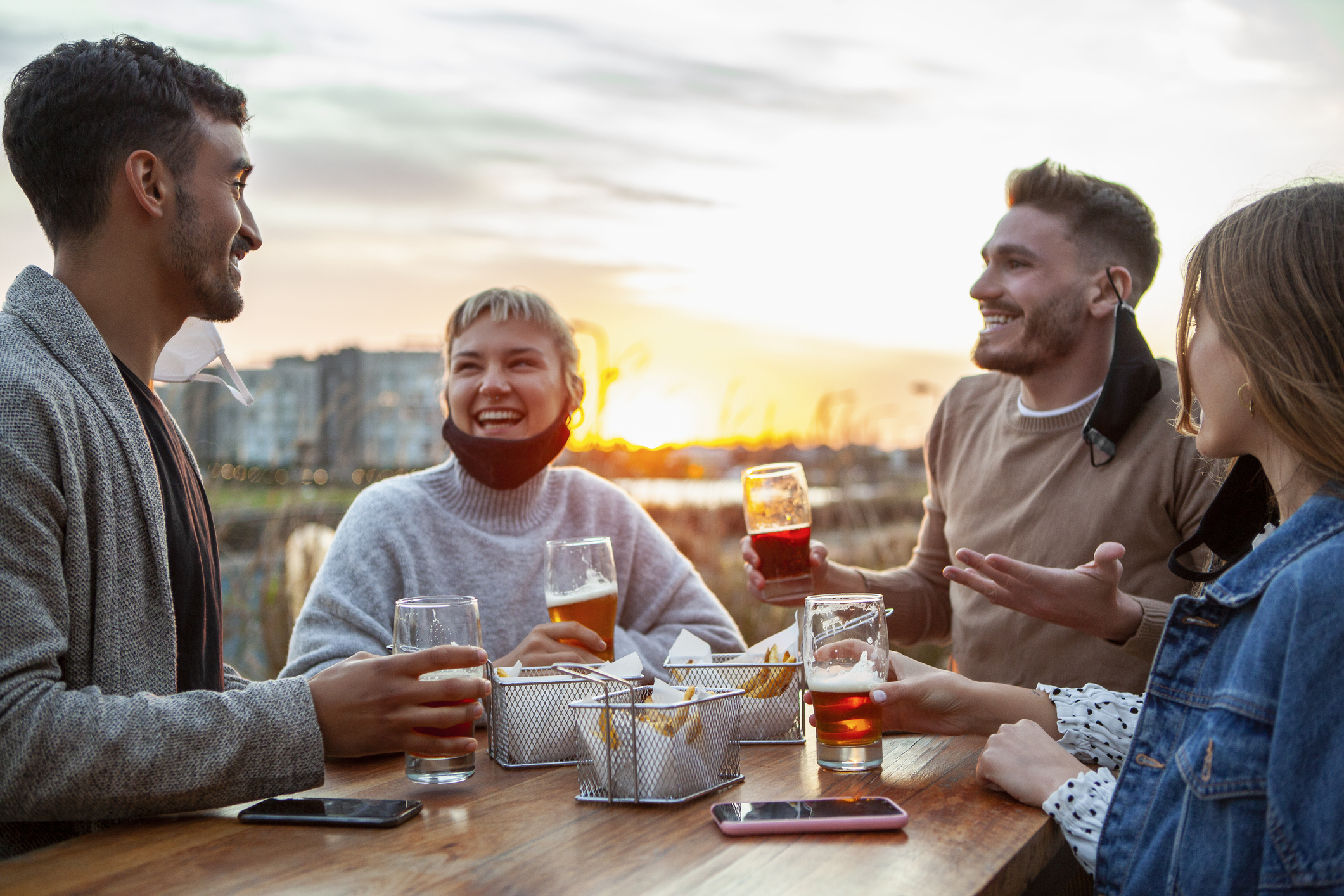
Putting relationships on the back burner can be incredibly healthy. For one, it gives you more time to spend with the people who show up — the ones who are eager to schedule things with you, and the ones who turn "maybe we should hang out" into an actual plan instead of making it a conversational filler that never comes to fruition.
It's easy to tell when it's a conversational filler, since there's usually not a lot of activity around it. "We should hang out" seems more like a placeholder when the person hasn't necessarily interacted with your statuses, or wished you a happy holiday season, or remembered your birthday. Instead, it seems more like a "the ball is in your court" maneuver. Did they really want to hang out with me, or did they want to make it look like they put in the effort?
Those slights are even worse when social media tells you that the friend in question is actually in your town, yet failed to tell you in advance. It's a lot easier for someone to throw out a blanket "we should hang out" than to make a viable plan. The people you should devote time to are the ones who actually follow through.
Sometimes, good friendships have expiration dates.
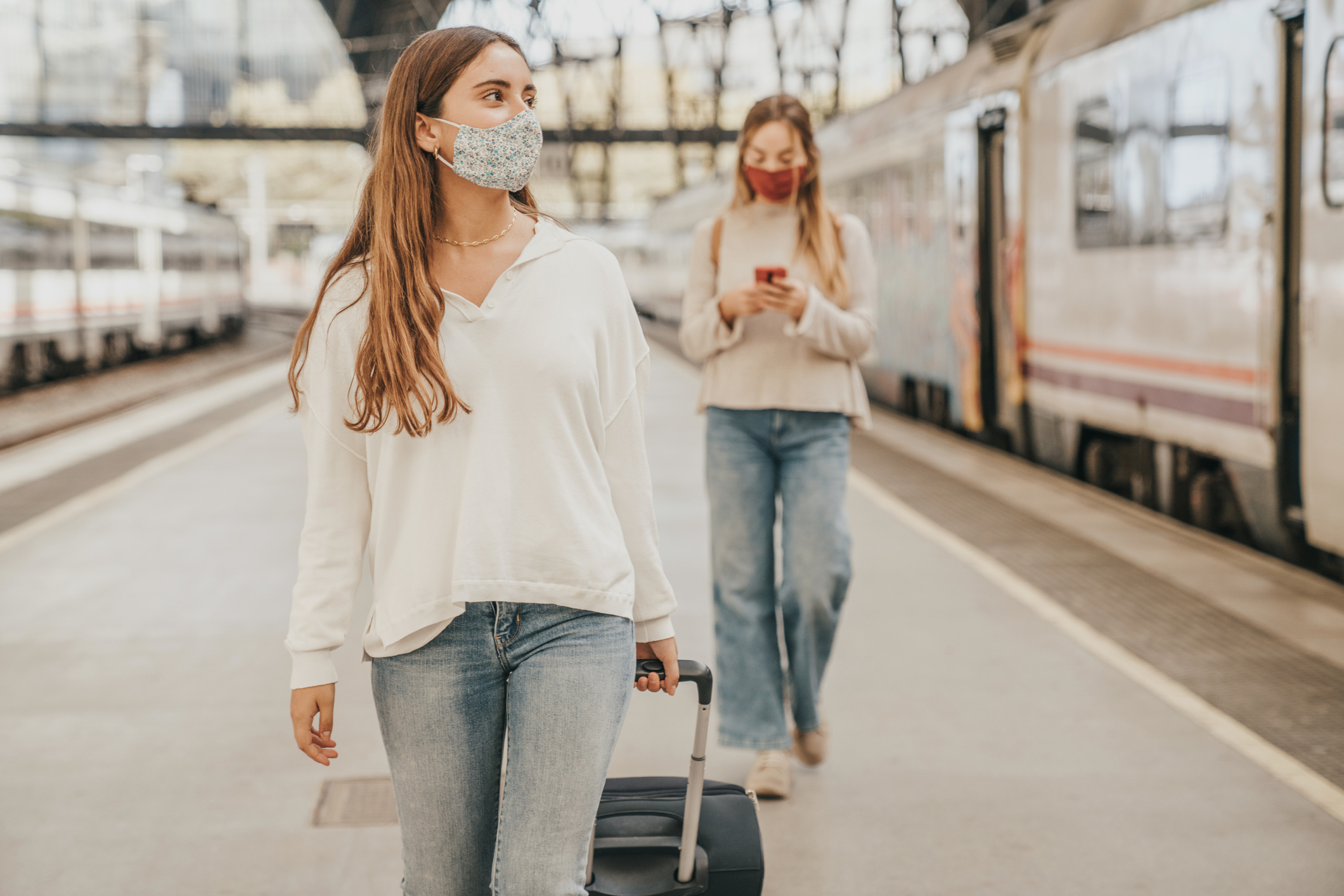
It's completely normal for a best friend to turn into an acquaintance. We're all constantly growing as people, but not necessarily at the same speed. Someone can still mean a lot to you, even if you're not very close. But that revelation is still hard to grasp sometimes.
It can feel a little defeating when you realize that a friend hasn't been all that kind to you, especially if they've been in your life for a long time. I'm lucky in that I'm not in any situation to ever rid someone from my life. Honestly, that'd be more painful than helpful in my situation. But it's important to me to remember who was there.
People remember when they're the last priority.

Even if it's no big deal at the time, it can still be part of your memory. For example, if I threw a party, I wouldn't remember who couldn't be there for logistical reasons — but I will remember if someone I cared about ditched in favor of "better" plans. If that became a pattern, it makes sense as to why I'd just assume they're not interested in maintaining our connection. From there, I'd wonder if I should even bother extending an invite — since multiple dismissals can send a big message.
People will always remember who bothered to show up, especially if that person had every excuse not to. During a pandemic, "showing up" looked different. "Showing up" was answering texts back, or reading and interacting with your Instagram stories. "Showing up" was finding a way to be present somehow. In a way, "showing up" was easier and took less time, but people still failed to do it.
It's also important to be honest with yourself.
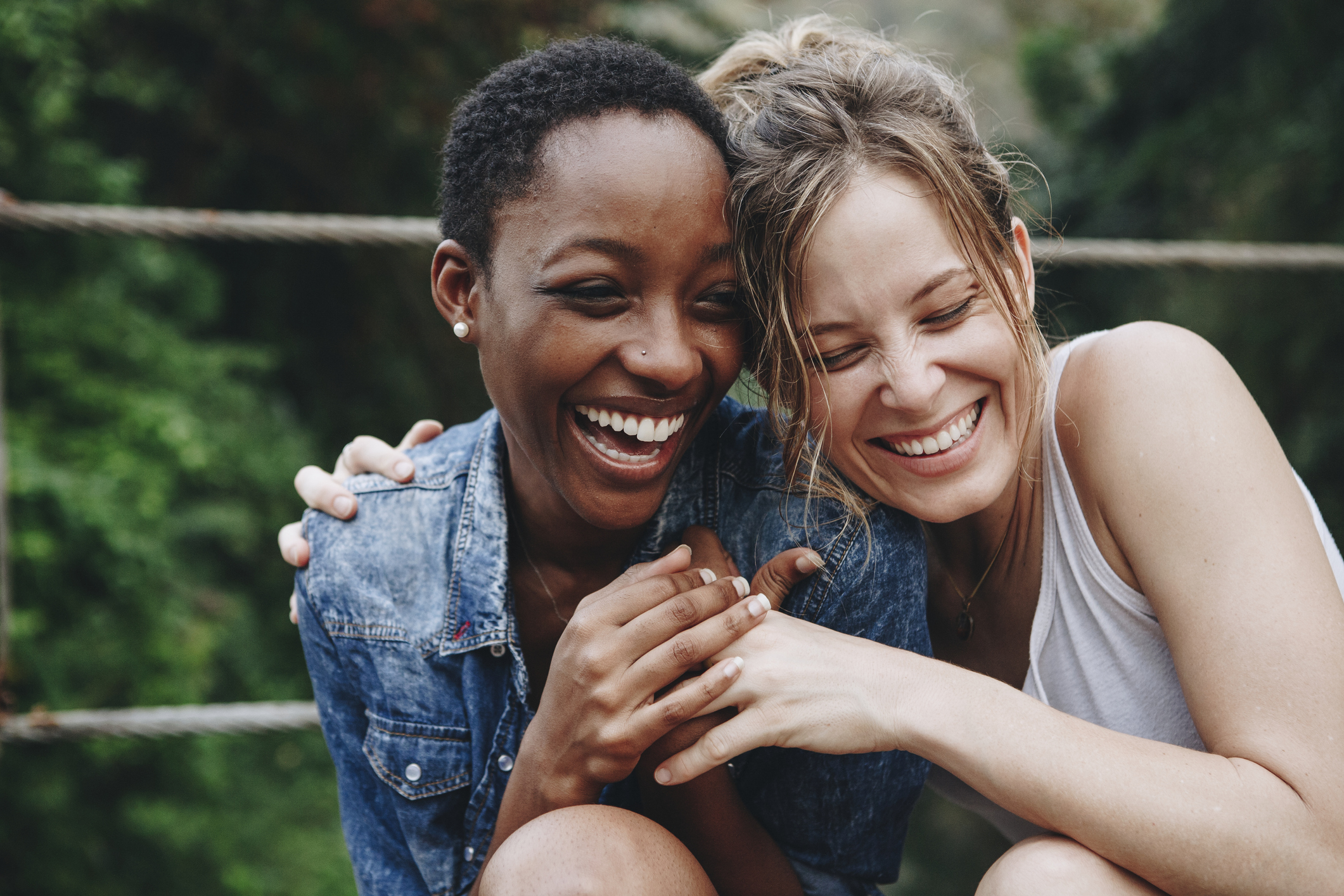
It's also a good time to think about whether or not you've been a good friend. Did you do or say something that caused them not to text you back? Have you tried to make an effort? Have you monopolized conversations to be about yourself? Have you asked your friends how they're doing, and have you given them the time to really sit, listen, and offer advice if necessary? Have you dedicated time toward the relationship? Have you proven you care?
If not, it's not too late. Message your friend and let them know you're thinking about them. Tell them something to brighten their day. Try hard not to weasel your own issues into the conversation unless they ask. And then, keep at it.
Find the confidence to move forward.
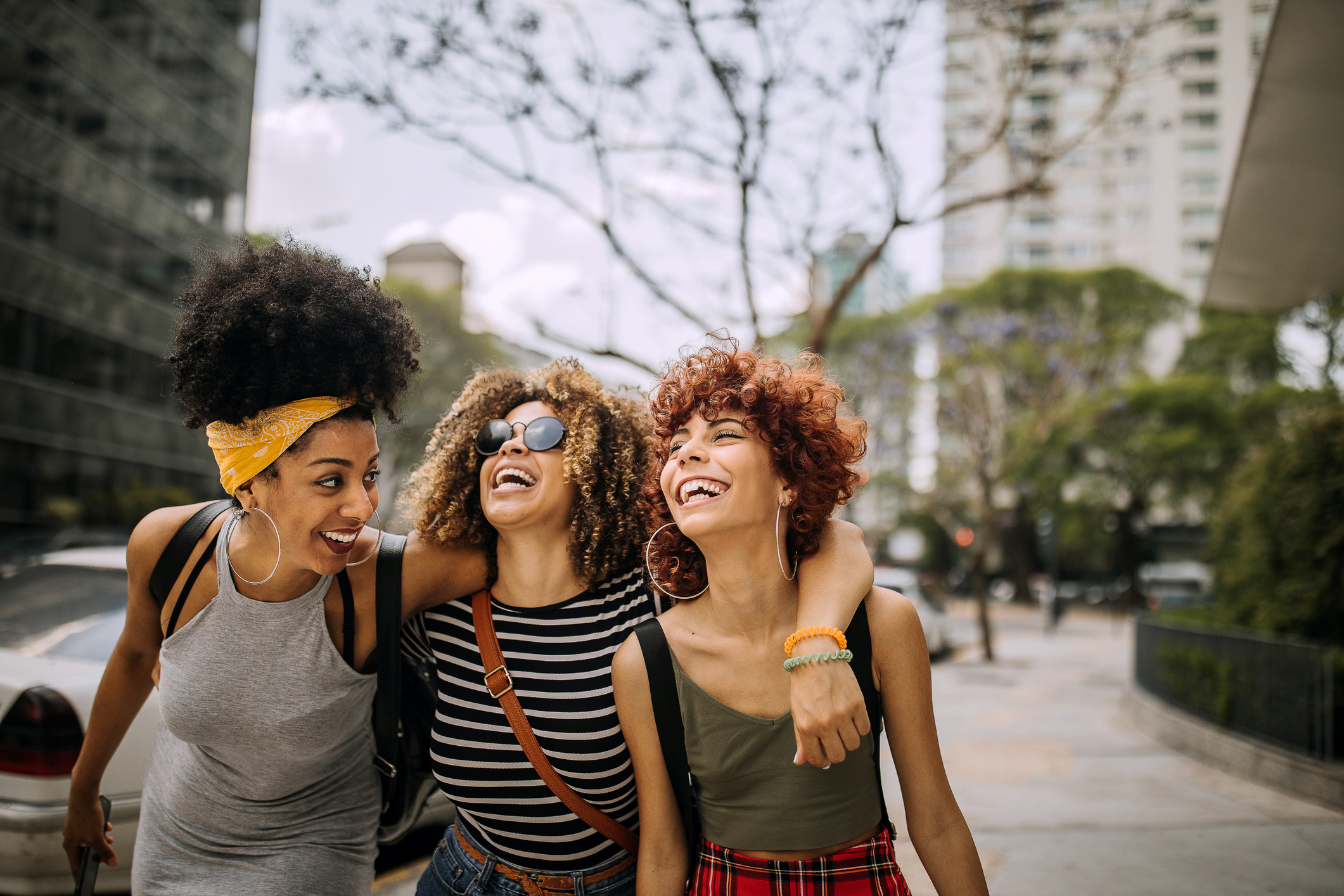
Life is really short and unpredictable. It's important to tell people how much they mean to you, and to prioritize the people who've made your life better. And it's time to cool down relationships that don't make you feel as great.
By sitting down and analyzing your friendships, you might realize that you're surrounded by a lot of toxic individuals. Some people straight-up don't have your feelings or your best interests at heart. If someone is constantly making you miserable, or making you feel more alone when you're with them, it's time to cut them off. You don't owe them your energy, nor do they deserve it anymore.
Think about the people in your life, and focus on the ones that make every day brighter. Think about the friends you really admire, and the ones who never forget to check in, in one way or another. Analyze who puts the work in and doesn't just go through the motions. They're the friends worth holding onto.

